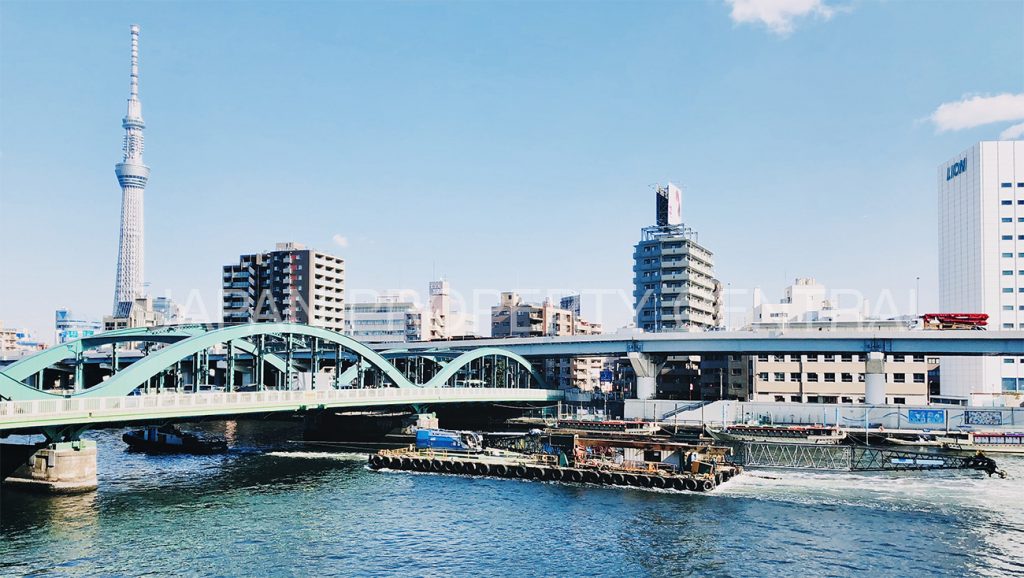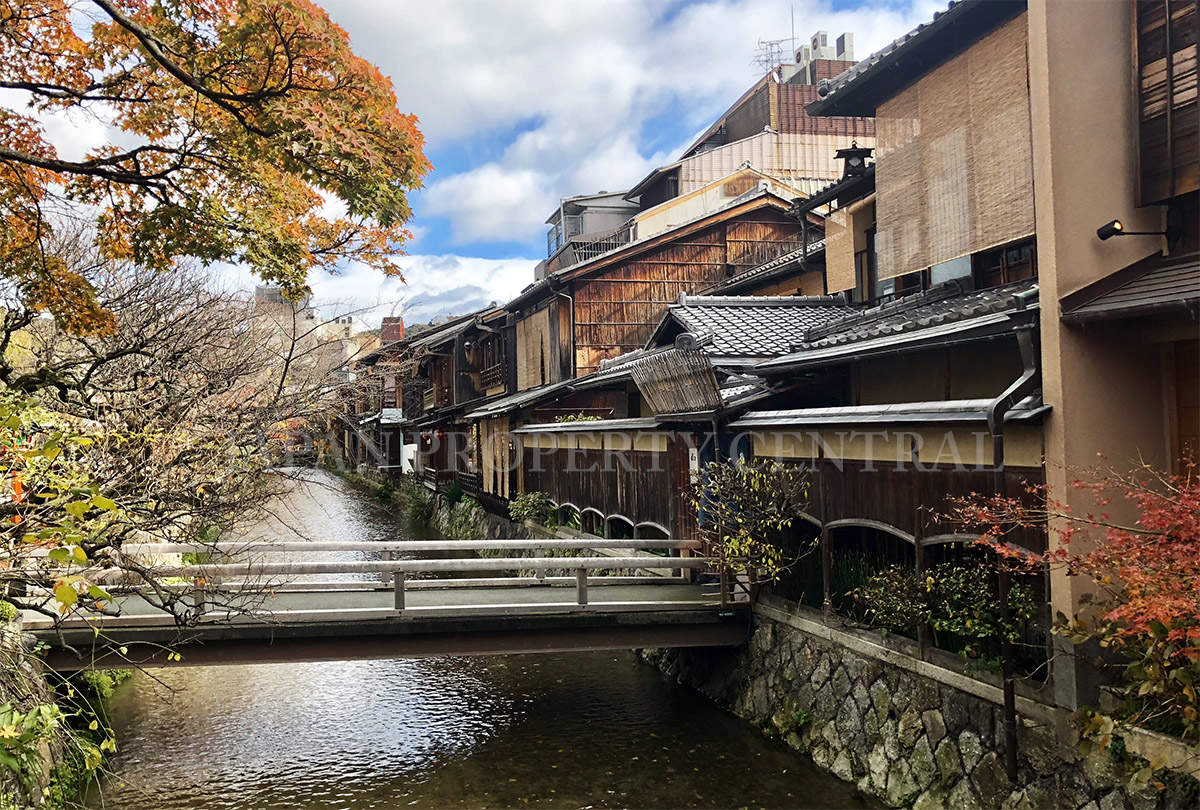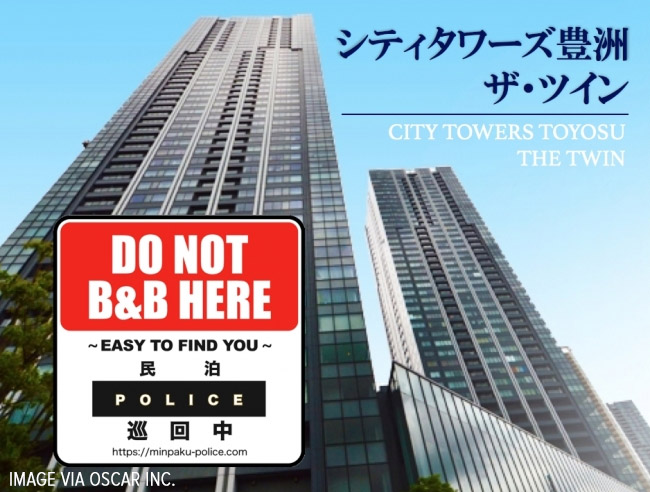Airbnb hosts leaving in droves as coronavirus cancellations pile up

Short-term ‘minpaku’ accommodation hosts are starting to exit the short-term letting market. As of April 2020, the number of hosts that de-registered their properties topped 4,100 since the registration system was introduced in mid-2018. There are currently 25,000 registered minpaku properties across Japan.
Japan’s minpaku market falling below expectations

A year has passed since the introduction of new regulations covering short-term letting or Airbnb-style rentals in Japan. Take-up has been slow with just 6,438 registered properties across the greater Tokyo area, which includes Tokyo, Kanagawa, Chiba, and Saitama prefectures. Before the new law was introduced in June 2018, there were 16,000 properties listed on Airbnb's website in Tokyo’s 23 wards alone.
Apartment owner forced to pay 970,000 Yen fine for illegal short-term letting
The owner of an apartment in Tokyo who had been illegally letting it out for short-term ‘minpaku’ accommodation has been successfully sued by the building’s owners association. The Tokyo District Court ruled that the owner had violated the building’s bylaws and ordered the man to pay 970,000 Yen (approx. 8,700 USD) to cover the owners association’s legal fees.Read more
Tokyo’s Chuo ward to ban minpaku rentals 5 nights a week
Tokyo’s Chuo Ward is planning to introduce tight regulations that will ban minpaku-style overnight rentals in private residences from midday Mondays through to midday Saturdays, allowing a host to only operate on Saturday and Sunday nights. This regulation will override the new national law that will go into effect from June 2018.Read more
Tokyo’s Ota Ward first in Japan to ban overnight accommodation in exclusive residential zones
Tokyo’s Ota Ward is the first district in Japan to ban all minpaku-style overnight or short-term accommodation in exclusively residential zones. On December 8, local councillors voted in favor of the ban with the rules to go into effect from June 15, 2018.
Ota was one of the first areas in Japan to actively promote and encourage short-term rentals. In January 2016 Ota ward allowed registered hosts of properties in approved 'special zones' to rent out accommodation for minimum stays of 6 nights without needing a hotel license. Normally a stay of less than 30 days would require a hotel license. Councillors have also voted in favor of reducing this stay to a minimum of 2 nights and 3 days.Read more
Kyoto’s proposed short-term letting rules to be strictest in country

On November 30 Kyoto City announced their proposed regulations for Airbnb-style short-term rentals. To provide support for complaints and emergency situations, hosts may be required to have a full-time manager stationed in an office within an 800 meter radius of the property. Hosts may also be required to submit a written oath to the city stating that they have not been operating an unlicensed BnB within the past 3 months.
These regulations will over-ride the new nationwide law set to go into effect from June 2018 that will allow overnight stays in non-hotels for up to 180 nights per year.Read more
City Towers Toyosu to crack down on illegal home sharing
 The owners association of City Towers Toyosu The Twin - a 48-storey, 1,063-unit condominium located on a man-made island in Tokyo Bay - entered into an agreement with a local provider to weed out any AirBnb-type rentals in the building.
The owners association of City Towers Toyosu The Twin - a 48-storey, 1,063-unit condominium located on a man-made island in Tokyo Bay - entered into an agreement with a local provider to weed out any AirBnb-type rentals in the building.
This is the first of this type of agreement for a high-rise apartment building. The company providing the service is Tokyo-based Oscar Inc. The company operates the Minpaku Police website which allows neighbors to report suspected illegal short-term rentals. The majority of reports made to the website are regarding security and noise concerns.Read more
